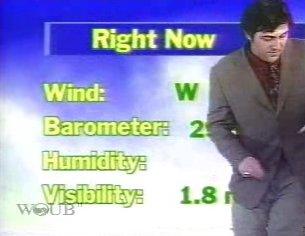Non-Jewish Lesbian Poets Under Five Feet Tall
Joseph Epstein reviewed The Economy of Prestige (James F. English, Harvard University Press, 409 pages, $29.95) for the Wall Street Journal's Weekend Edition.
Heeding Epstein's warning, I won't read the book:
Pity that Mr. English is an almost entirely arrhythmical writer who indites endlessly lengthy sentences in long shapeless paragraphs that make reading his book considerably less than a déjeuner sur l'herbe. If Harvard University Press gives an award for the best-written book it has published in 2005, Mr. English's probably shouldn't be in the running.But the review itself is fun to read. It crisply conveys the book's main idea:
In a characteristically barbed-wire sentence, he writes: "What has transformed society since the 1970s is not the rise of a new class per se but the rise of a formidable institutional system of credentialing and consecrating which has increasingly monopolized the production and distribution of symbolic capital, especially but not exclusively of educational honors and degrees, while at the same time making the accumulation of control of such capital more and more necessary to any exercise of power." Translation: Prizes, however superfluous and foolish, can still be made to pay off for those who win them and those who award them.
...everyone connected with such prizes... has a more or less obvious agenda. Their point, and the larger point of Mr. English's book, is that the awarding, the judging and the accepting of prizes for cultural achievement is, at bottom, about one form or another of self-promotion.... and is full of hilarious passages, like this:
Search hard enough and you may be able to find an award for an unpublished non-Jewish lesbian poet under five feet tall.and this:
I have long thought that there ought to be a Nobel Prize for marriage. This would be awarded to long-suffering mates in famously difficult pairs. In the past, some of the winners might have been Countess Sophia Tolstoy, Mrs. Dostoyevsky, Leonard Woolf (husband of Virginia), Lionel Trilling, and Bill and Hillary Clinton, though which of the two Clintons is more deserving isn't all that easy to determine.and that:
All this prize-giving has made the field of culture rather like one of those progressive preschools where, on graduation day, even the most hopeless child is given a prize for not actually maiming his classmates.Here are the review's closing paragraphs:
But in the end, it doesn't matter. Winning is everything, whatever the agenda. In the economy of prestige, awards are good for publicity, for getting better jobs and for shutting up one's wary relatives. As for the prizes themselves, I was once told that if anyone tells you that you are the best at anything you do, ask that person who is the second-best. Learning who it is should take most of the air out of the accolade.
Very nice to win prizes, I'd say, so long as you understand that they don't mean anything serious about the true quality of your achievement. Take the money, wisdom suggests, and walk all the way to the bank, suppressing as best you are able the silly smile that threatens to break out at the thought that you have really gotten away with it yet again.



